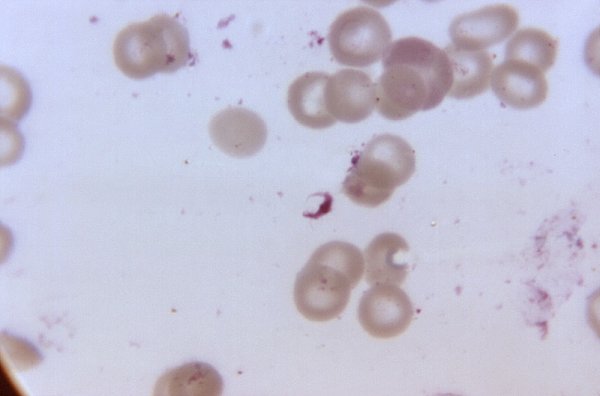WHO put the spotlight on artemisinin resistance

As governments, researchers and health experts campaigned for great attention, investment and effort to go into treating and eliminating malaria on this year's World Malaria Day (April 25, 2014) - we were very pleased to see the release of several important documents and papers on the specific theme of antimalarial resistance.
The World Health Organisation (WHO) released a special question and answer document on artemisinin resistance - you can download the summary and find out what are the most serious threat in the fight against malaria, and antimalarial resistance. The WHO Global Malaria team highlight "there is a real risk of parasites developing resistance to all available medicines." and conclude "Endemic countries outside this (Southeast Asia) region – and in particular on the African continent, where malaria took an estimated 560 000 lives in 2012 – also need to identify additional resources to fully implement the GPARC’s recommendations. One of the most urgent challenges is to strengthen pharmaceutical market regulation, and remove oral artemisinin-based monotherapies from markets around the world once and for all. "
An additional press release was recently released by the WHO Asia Regional Hub to specifically urge all malaria endemic countries to end the use of monotherapies. The press release highlighted the danger of using ineffective monotherapies to treat malaria parasites and stresses:
“Artemisinin, which has truly been a wonder drug, continues to be far too commonly used on its own for malaria treatment, accessed far too easily through private suppliers,” noted Dr Walter Kazadi, WHO Regional Hub Coordinator, Emergency Response to Artemisinin Resistance (ERAR) in the Greater Mekong Subregion.
Dr Kazadi goes on to say “Countries and health partners need to work on urgently to effectively ban monotherapies and help enforce such measures. Make no mistake – if artemisinin becomes ineffective, we will not only lose one of our most powerful weapons in the battle against malaria, it will be a global disaster."
Finally, we receive a story from the field from a malaria helath worker who is working on the frontline of malaria in Cambodia.
Information source: World Health Organization (WHO) website.
